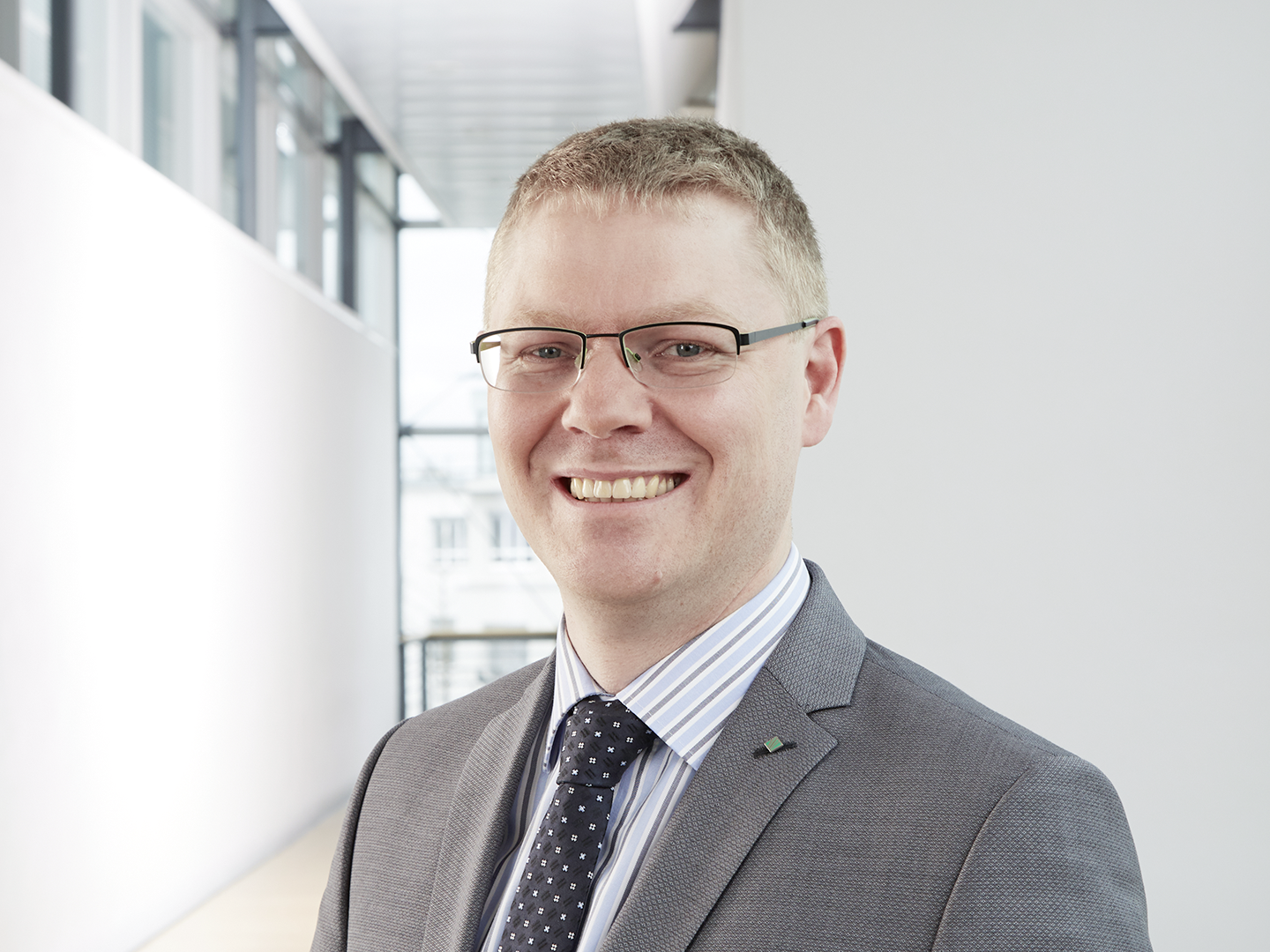"The structure of the CIRCONOMY® Hubs facilitates the development of ecologically and economically viable solutions for the circular economy"
Four questions to...

What is the circular economy? How can CIRCONOMY® Hubs contribute to it? What is next for the initiative? And what added value does the work being done in CIRCONOMY® Hubs bring? In “Four questions to...”, we regularly interview participants in the CIRCONOMY® initiative. This time with Karl-Anders Weiß from the Fraunhofer Institute for Solar Energy Systems ISE.
(1) What does the circular economy mean to you?
The situation our society finds itself in today clearly highlights the challenges in front of us. In particular, fundamental changes are required in order to respond to the finite nature of the resources available and to ensure the economic, ecological and social sustainability of our actions. The circular economy is indispensable to achieving economy activity that is uncoupled from planetary boundaries and the availability of raw materials. Conceiving and designing circular products also allows us to avoid waste.
(2) CIRCONOMY® Hubs are a new infrastructure for the circular economy. How can you and your institute contribute to this?
The CIRCONOMY® Hubs are a response to the realization that transitioning towards the circular economy cannot be achieved by market participants acting alone, in neither industry, research nor society. The solutions required can only be developed and then implemented through acting in concert. To support this, the purpose of the hubs is to provide central open platforms, establish networks between stakeholders and support joint developments.
(3) The CIRCONOMY® Hubs are set to be implemented in 2022: What are your hopes for the future?
We are hoping for open and cooperative interaction with each other. The hubs will have individual development opportunities and yet be supported by an overarching idea. The plan is to continue the joint initiative that has emerged in the preliminary projects. In this respect, institutional support would greatly help facilitate the realization of the hubs and promote the cooperation of interested partners in pilot projects.
(4) What added value can the Fraunhofer partners who participate in CIRCONOMY® Hubs expect?
The structure of the individual CIRCONOMY® Hubs, which address the needs and structure of individual sectors in a targeted way and are open to interested partners from all value creation levels, facilitates the development of ecologically and economically viable solutions for the circular economy. This structure allows for flexible, agile and goal-oriented collaboration with dedicated partners within the hubs. It therefore combines the advantages of traditional research projects with those of agile development projects. In addition, the networking of different stakeholders and access to interdisciplinary expertise beyond the entire life cycle of a product offers enormous potential for new technical solutions and business models.
 Fraunhofer Institute for Environmental, Safety and Energy Technology UMSICHT
Fraunhofer Institute for Environmental, Safety and Energy Technology UMSICHT